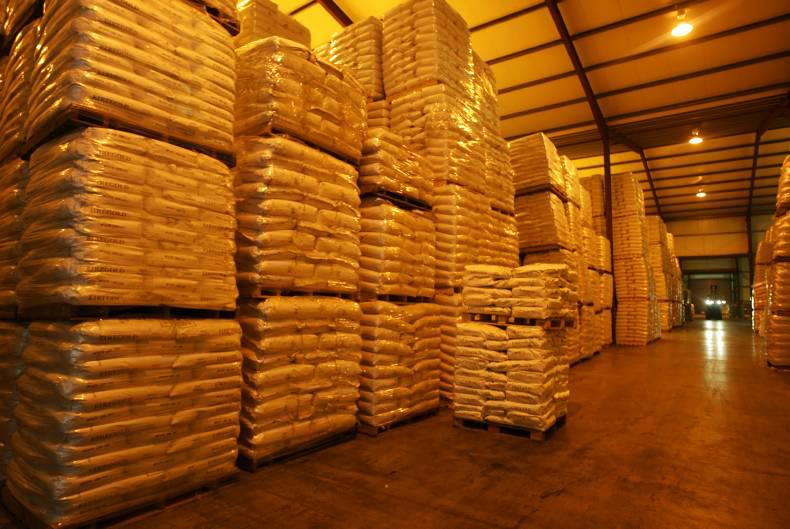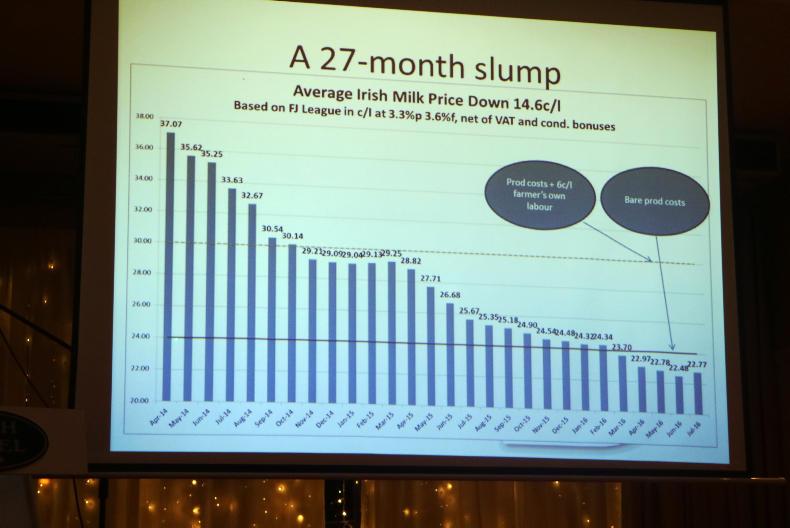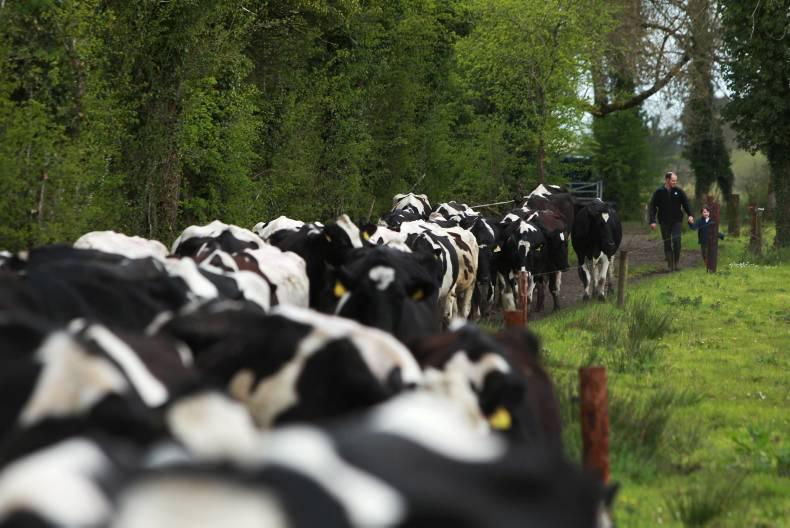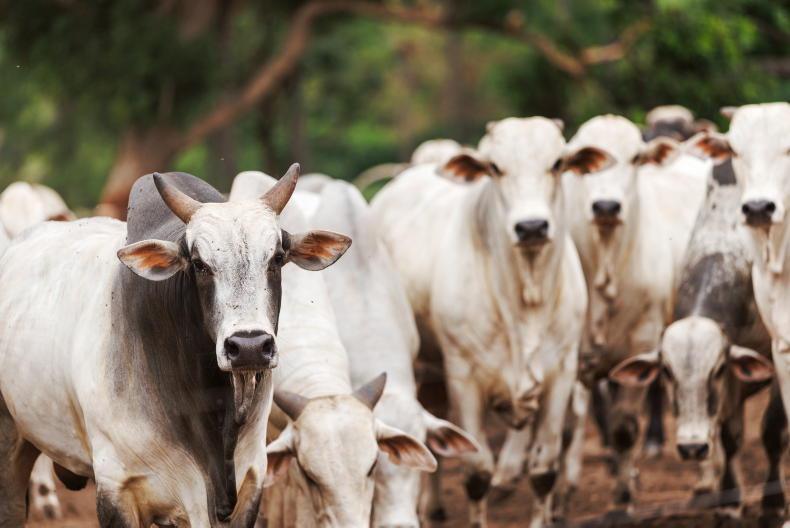Following a meeting with French farm organisations and milk processors this week, France’s agriculture minister Stéphane Le Foll reported that industry representatives supported organised milk production cuts, while remarking that “the measure must be taken at the European level to be efficient”.
Le Foll replied that he was “determined to mobilise all EU member states so that each takes responsibility in bringing measures to fruition under article 222 of the common market organisation”.
Article 222 is the piece of European legislation authorising the dairy industry to organise voluntary supply restrictions – such as the 10c/l incentive proposed by France to cut milk production. The aim here is to push prices up during a crisis, which is normally forbidden under competition rules.
EU member states and the European Commission agreed on 14 March that the measure could be used in the current crisis. Minister for Agriculture Simon Coveney has said Ireland would not use it.
Article 222 implementation not a given
In a column by its dairy executive Catherine Lascurettes in this week's Irish Farmers Journal, the IFA warned that article 222 measures are hard to implement in the first place: “The utilisation of the article is subject to the decisions made not being found to undermine the proper functioning of the internal market, and the EU Commission must adopt ‘implementing acts’ to allow its use.”
Lascurettes cited the example of the Dutch farming organisation LTO, which built a case to use article 222 for its vegetable sector in the wake of the Russian ban, only to see it rejected by the European Commission after waiting for three months.
Competitors in other countries are not bound by EU decisions, and can equally overproduce and cause price pressures EU producers will not be protected from
The IFA argues that cutting production in some or all European countries would do little to solve what is a global oversupply crisis.
“Competitors in other countries – the US, New Zealand, Australia, Argentina, Brazil, India… – are not bound by EU decisions, and can equally overproduce and cause price pressures EU producers will not be protected from. Also, when markets recover, dairy companies in these countries can and will take market share from EU exporters,” Lascurettes wrote.
The IFA opposes what it labels “retrograde” suggestions to make supply controls mandatory across the EU and calls instead for “tools to combat the effects of volatility”. By this it means: “Taxation options to manage volatile incomes, flexible, well-priced short- and long-term finance, hedging, fixed price/margin contracts, margin insurance systems, etc.”
ICMSA campaigning for higher intervention price
For its part, the ICMSA, which embarked on a lobbying tour in Brussels after the Council of EU agriculture ministers last week, is calling for the EU intervention price to be lifted to the equivalent of 28c/l. “The volume and supply isn’t correcting itself, and dairy farmers are still trying to run faster on the treadmill,” ICMSA vice president Pat McCormack told the Irish Farmers Journal this week.
The ICMSA also advocates the further postponement of looming superlevy bills – another Irish Government demand which, along with the lifting of fertiliser tariffs, failed to go through at the council meeting.
Read more
No new milk quota for Ireland
Following a meeting with French farm organisations and milk processors this week, France’s agriculture minister Stéphane Le Foll reported that industry representatives supported organised milk production cuts, while remarking that “the measure must be taken at the European level to be efficient”.
Le Foll replied that he was “determined to mobilise all EU member states so that each takes responsibility in bringing measures to fruition under article 222 of the common market organisation”.
Article 222 is the piece of European legislation authorising the dairy industry to organise voluntary supply restrictions – such as the 10c/l incentive proposed by France to cut milk production. The aim here is to push prices up during a crisis, which is normally forbidden under competition rules.
EU member states and the European Commission agreed on 14 March that the measure could be used in the current crisis. Minister for Agriculture Simon Coveney has said Ireland would not use it.
Article 222 implementation not a given
In a column by its dairy executive Catherine Lascurettes in this week's Irish Farmers Journal, the IFA warned that article 222 measures are hard to implement in the first place: “The utilisation of the article is subject to the decisions made not being found to undermine the proper functioning of the internal market, and the EU Commission must adopt ‘implementing acts’ to allow its use.”
Lascurettes cited the example of the Dutch farming organisation LTO, which built a case to use article 222 for its vegetable sector in the wake of the Russian ban, only to see it rejected by the European Commission after waiting for three months.
Competitors in other countries are not bound by EU decisions, and can equally overproduce and cause price pressures EU producers will not be protected from
The IFA argues that cutting production in some or all European countries would do little to solve what is a global oversupply crisis.
“Competitors in other countries – the US, New Zealand, Australia, Argentina, Brazil, India… – are not bound by EU decisions, and can equally overproduce and cause price pressures EU producers will not be protected from. Also, when markets recover, dairy companies in these countries can and will take market share from EU exporters,” Lascurettes wrote.
The IFA opposes what it labels “retrograde” suggestions to make supply controls mandatory across the EU and calls instead for “tools to combat the effects of volatility”. By this it means: “Taxation options to manage volatile incomes, flexible, well-priced short- and long-term finance, hedging, fixed price/margin contracts, margin insurance systems, etc.”
ICMSA campaigning for higher intervention price
For its part, the ICMSA, which embarked on a lobbying tour in Brussels after the Council of EU agriculture ministers last week, is calling for the EU intervention price to be lifted to the equivalent of 28c/l. “The volume and supply isn’t correcting itself, and dairy farmers are still trying to run faster on the treadmill,” ICMSA vice president Pat McCormack told the Irish Farmers Journal this week.
The ICMSA also advocates the further postponement of looming superlevy bills – another Irish Government demand which, along with the lifting of fertiliser tariffs, failed to go through at the council meeting.
Read more
No new milk quota for Ireland










SHARING OPTIONS